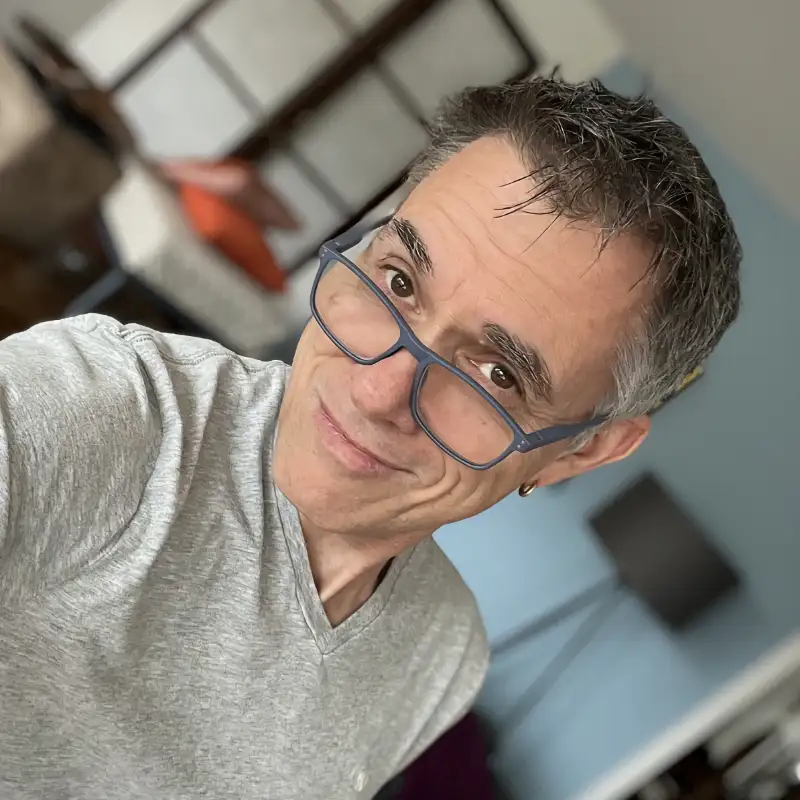Lift 10 — The redefinition of Privacy
Posted in thoughts
Tags :Warning: the following notes were live blogged on Wednesday by session, so please forgive the typos and semantic errors, I'll brush it up later and break it up ion separate posts. Some day. Maybe.
I previously met Olivier a few weeks ago sitting on the same panel at a Bancs Public talk. He's brilliant.
13:00 – What is privacy in the 21st Century? Is personal security threatened by the massive collection of personal data?
Olivier Glassey, University of Lausanne: Mutual privacy and online distributed social identities.
Are social networks are the end of privacy? A few false assuptions about digital natives:
- “They don't know about privacy - they do know, they might not fully comprehend the whole issues, but they do know.
- “The don't care about privacy isues - wrong too.
- “They do little/nothing in order to protect their privacy
Privacy is a hot topic for the younger - digital native - users too.
How to understand the definition of privacy online?
ID and privacy as living labs:
We are dealing with very new artefacts. (a.k.a. Web 2.0 suicide machine)
Playing with identity online (tweaking settings) OSN are also playgrounds, literally.
- Beyond fun, some shared interrogations:
- Is my online ID for real? What are the connections between OSN ID and my real life?
- How to translate social relations into the management of social network “friendship”?
Playing.
- Collective shaping of online social identity.
- A huge part of our social ID doesn't belong to us, but to the network. How we perceive it.
- Framed, filtered by the type of online communities we go to.
Exploring the definition of the self and the conformity contraints through online peers
FB profiles reflect actual personality, not self-idealisation.
- A Small World: need to be (perceived as) rich, or wealthy (asmallworld.com)
- Beautiful People: elected as sufficently charismatic (beautifulpeople.com) looking at your picture.
Heterogenous reinventions of personal private boundaries
- Contrasting users' view about intimacy exposure online
- privacy as share intimacy?
- intimate media and “extimacy”
- How people with different takes on privacy can coexist on the same social network?
- How can they reach a common agreement?
How these ciltures could co-exists in OSN contexts?
Check out http://combiendebises.free.fr
Dynamic IDs… in sequential fuzzy straight jackets
- The almost magical trick of quick social clothes changing:
- Situational personalities
- Role switching as core skill in every day life
- Linked to these roles: mult privacy expectations, norms and rules
- Public disclosures of online privacy:
- How will we collectively manage the fragmented often edited or doctored data of our past?
- FB as biographical time machine - what will be in the long term?
- Personal vs network personal memories
Social roles flexibility and privacy settings fine tuning are profoundly different tasks. For the majority of the users technical privacy control settings (invisible) are black boxes.
How to build coherent personal ethic when rules are changing without notice? And to what extend social networks are/really be social?
Social forgiveness
Will the next digital divide be between the “have” and the “have-not” of online privacy reconstruction?
What kind of technical tools, legal rules and social norms will allow the needed social memory and amnesia?
“Privacy is not a fundamental right, it is a required condition in order to be able to exercise other fundamental rights and liberties”
Antoinette Rouvroy
More coming up
